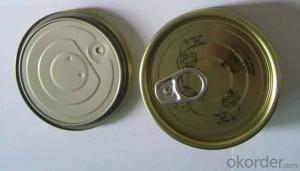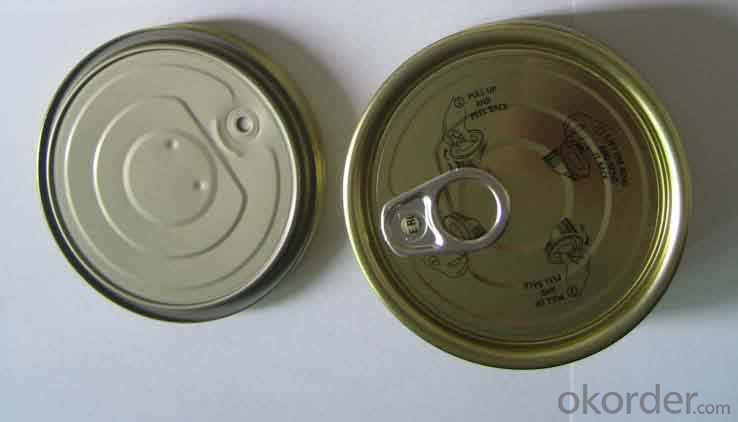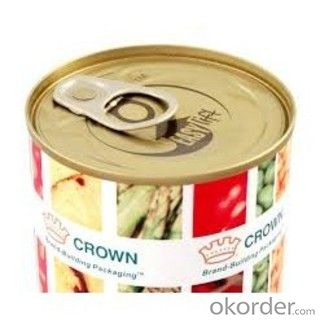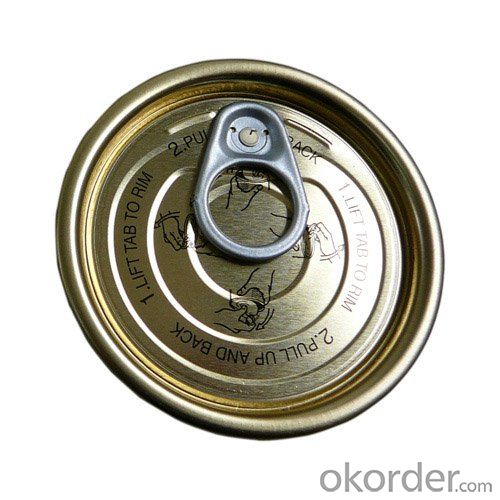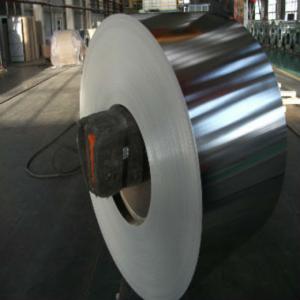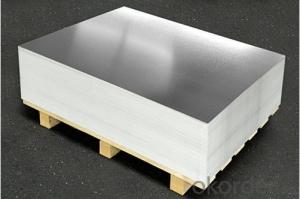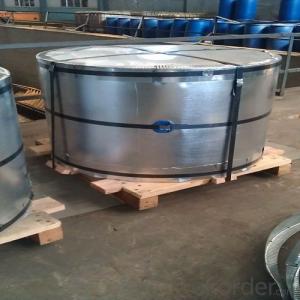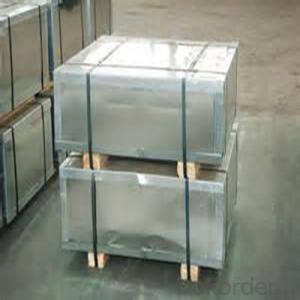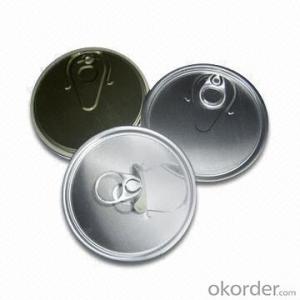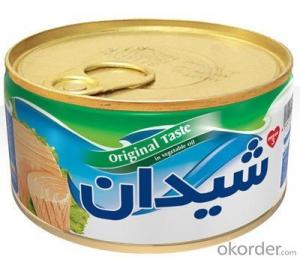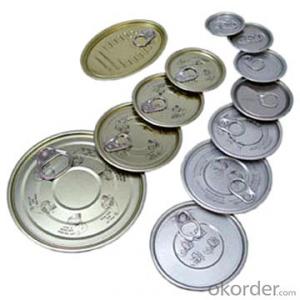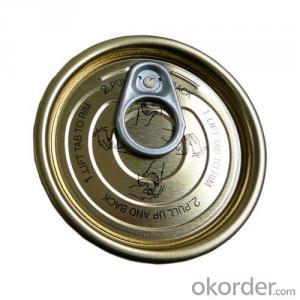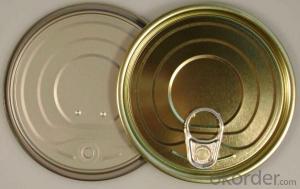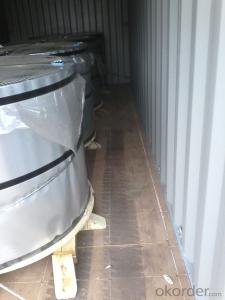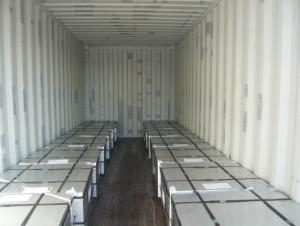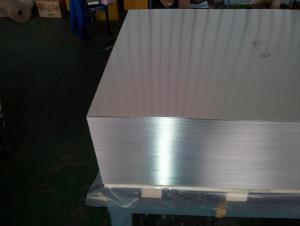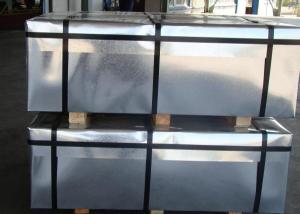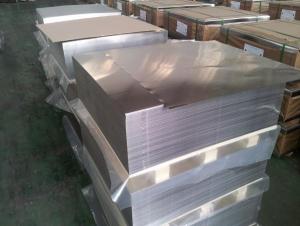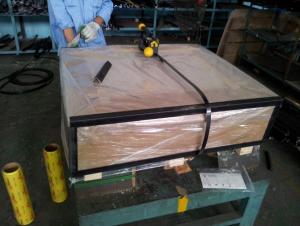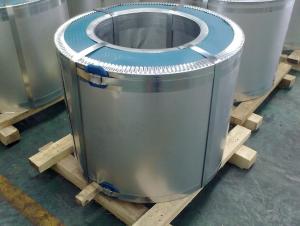Tinplate Material Easy Open End, Food Can, Full Open
- Loading Port:
- Guangzhou
- Payment Terms:
- TT OR LC
- Min Order Qty:
- 100000 pc
- Supply Capability:
- 100000000 pc/month
OKorder Service Pledge
OKorder Financial Service
You Might Also Like
Brief Details
Metal Type: Tinplate
Type: Easy Open End, Can lid
Feature: Non Spill, Full open
Custom Order: Accept
Model Number: 200#
Name: 50mm easy open end
Size(mm): 50
Inner coating: White porcelain
Shape: Round
EOE Specifications
1.Coating:Epoxy phenolic
2.Material:tinplate
3.Dia:50mm
4.Factory
5.Can offer OEM service
Name | Tinplate easy open end |
Item No. | 200# |
Shape/type | Round |
Size(mm) | Dia 50 |
Coating | Epoxy phenolic |
Material | Tinplate |
Pcs/20 GP’ | 3,120,000 Customize packing: as clients’ requests. |
Features | 1.Used for packaging of tomato paste,jam,salad…etc. 2.Coating can be according to the customer required. |
Our packing
We could offer package as customers require, by carton or by wooden pallet.
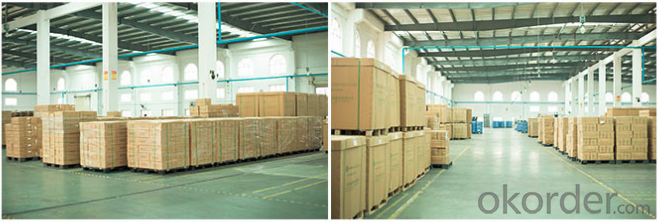
Our Workshop
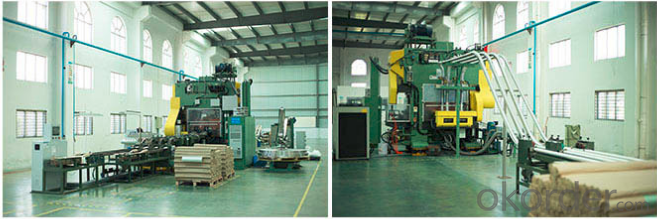
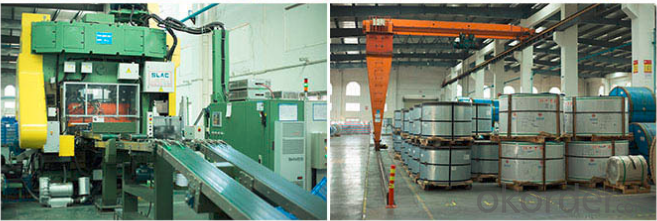
FAQ
1.Q: What is the material of EOE?
We can offer both tinplate and aluminum material made EOE;
2.Q:Could you offer samples for our testing?
YES, we could offer sampler for free if needed;
3. Q:Can you make new mold with customized size I need?
YES, We can make mold for you if reach some qty.
- Q: What are the different types of tin coatings used on tinplate?
- There are primarily three types of tin coatings used on tinplate: electrolytic tinplate (ETP), black plate, and tin-free steel (TFS). ETP is the most common type and provides excellent corrosion resistance and solderability. Black plate is uncoated tinplate, often used for industrial applications or as a base for other coatings. TFS, on the other hand, replaces the tin coating with a thin layer of chromium or chromium oxide, offering similar corrosion resistance but without the use of tin.
- Q: What are the characteristics of different tin process
- Good mechanical properties: tinplate cans relative to other containers, such as plastic, glass, paper containers and strength, and good rigidity, it is not easy to break. It is not only used for small sale packing, but also the main container for large transportation package. 2.: excellent barrier tin barrier properties than any other materials are excellent, gas barrier properties, moisture resistance, shading and aroma were good, and the sealing is reliable, reliable protection products.
- Q: Tin and tinSince the back skin as long as tinplate will rust, so why not replace tin?
- Tin, also called galvanized sheet steel, atmospheric corrosion resistance ability is strong, not afraid of the rain and wind, used for building materials, general exposure in the air. Such as color plate, color steel. Because it is hard, so it is not easy to physical erosion. If the galvanized layer off, the same will rust.Can not be used. Instead of using tin tin galvanizing vessel, it is easy to cause zinc poisoning. Zinc soluble in acid, acid resistance is poor, so the tin can not be used for beverage packaging, such as carbonated drinks and fruit juice. In addition some foods, such as aquatic products, or products such as packaging, the requirements are higher, need to use advanced professional tinplate.
- Q: What are the different ways to display tinplate containers?
- There are various ways to display tinplate containers, some of which include using shelving units or racks, utilizing countertop displays or stands, arranging them in window displays, or even using wall-mounted hooks or pegboards for a more creative presentation.
- Q: How is tinplate coated for corrosion resistance?
- Tinplate is coated for corrosion resistance through a process called electrolytic tinning. This involves immersing the tinplate in a bath containing a tin salt solution and passing an electric current through it. The electric current causes tin ions to bond with the surface of the tinplate, forming a thin layer of tin that acts as a protective barrier against corrosion.
- Q: How does tinplate contribute to the reduction of carbon emissions?
- Tinplate contributes to the reduction of carbon emissions through its recyclability and lightweight nature. As tinplate is made from steel, it can be easily recycled, reducing the need for new production and saving energy. Additionally, tinplate's lightweight properties make it more fuel-efficient during transportation, resulting in lower carbon emissions throughout its lifecycle.
- Q: Can tinplate be used for packaging of organic products?
- Yes, tinplate can be used for packaging of organic products. Tinplate is a type of steel coated with a thin layer of tin, which provides a protective barrier against corrosion and ensures the product's freshness and safety. It is a durable and sustainable material that is commonly used in the food industry, including for packaging organic products. Additionally, tinplate is recyclable, making it an environmentally friendly choice for organic packaging.
- Q: How does tinplate maintain its shape during the manufacturing process?
- Tinplate maintains its shape during the manufacturing process due to its inherent strength and rigidity, which is achieved through a combination of factors. Firstly, the steel substrate used in tinplate is typically made from low-carbon steel, which provides a sturdy foundation. Additionally, the tin coating on the steel provides an added layer of protection and stability. The tin layer acts as a barrier against corrosion and helps to prevent deformation or warping of the tinplate. Moreover, the manufacturing process involves carefully controlling the temperature and pressure, ensuring that the tinplate retains its shape and structural integrity.
- Q: What are the main markets for tinplate?
- The main markets for tinplate include the packaging industry, particularly for canned food and beverages, as well as the automotive industry for various components. Tinplate is also used in the construction sector for roofing and cladding purposes.
- Q: What are the different ways to stack tinplate cans?
- There are several different ways to stack tinplate cans, including the straight stack, pyramid stack, interlocking stack, and the crisscross stack. Each method offers its own advantages and considerations in terms of stability, space efficiency, and ease of access.
Send your message to us
Tinplate Material Easy Open End, Food Can, Full Open
- Loading Port:
- Guangzhou
- Payment Terms:
- TT OR LC
- Min Order Qty:
- 100000 pc
- Supply Capability:
- 100000000 pc/month
OKorder Service Pledge
OKorder Financial Service
Similar products
Hot products
Hot Searches
Related keywords
